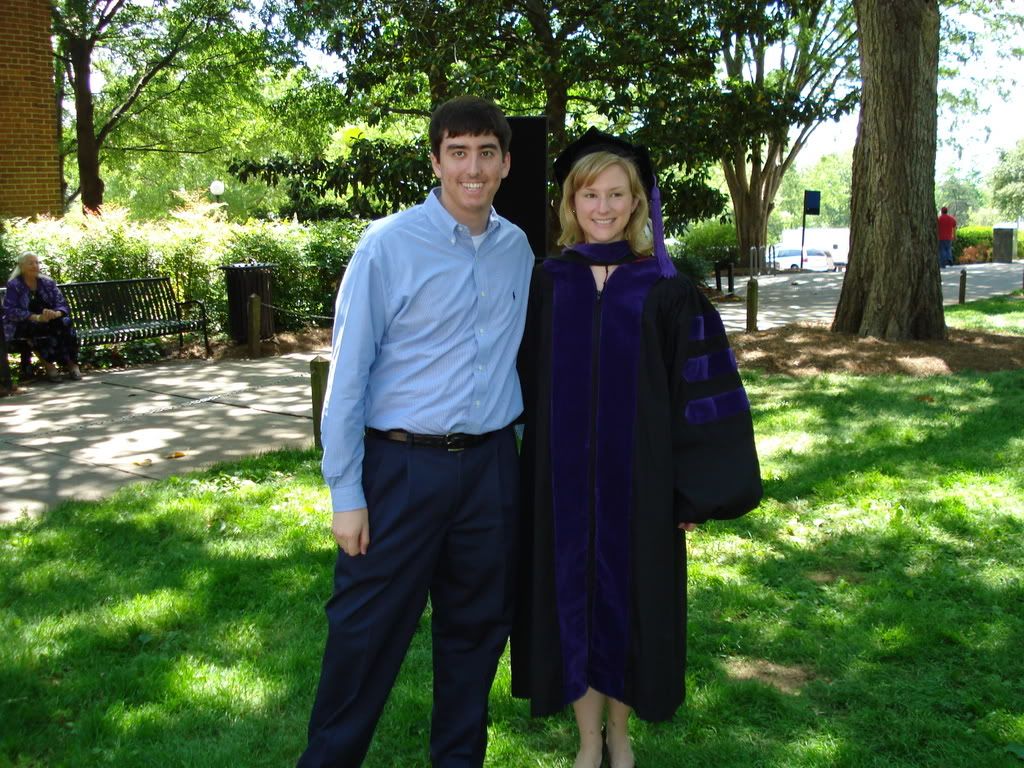Monday, June 11, 2007
Charles Dickens
Newgate prison of London England is famous amongst many writers in 19th century England for the squalid conditions its prisoners were kept in and for being the site of numerous public hangings. As well as being the prison where a number of famous individuals, such as William Penn and the pirate Captain Kidd. Newgate prison received harsh criticism from many writers, Charles Dickens merely being one of them. I find it unsurprising that Dickens called for more humane treatment of prisoners, especially since one of his most notable characters (Oliver Twist) was a orphan and almost sent to prison himself for falsely accused burglary. While many of the occupants of the prison were in fact legitimately guilty of crimes, such as stealing, the treatment they faced was horrendous and unjustly extreme for the crimes they did commit. In one section of "A Visit to Newgate" Dickens describes "a handsome boy, not fourteen years old, and of singularly youthful appearance even for that age, who had been condemned for burglary" (Dickens). And when Dickens says "condemned" he means the young man was to be executed. Never has there so clearly been a case, or at least as far as my memory serves, where the punishment did not fit the crime. Dickens was not simply writing about the conditions at Newgate, which were atrocious, but also about the system in which Victorian England had established for itself and its prisoners. Dickens believed, or so I think he believed, that the prisons were a way for the rich and powerful to store and get rid of the human "waste" that clogged the streets of London and for getting rid of anyone who questioned the foundation of Victorian society.
Subscribe to:
Post Comments (Atom)

3 comments:
Jay,
Much better and more interesting comments than in your previous blog posting. I am glad you got more out of Dickens. Good discussion of Dickens's attitude toward the prisoners, and good allusion to Oliver Twist, too. I would have liked to see you make more of that connection, though--the child prisoners are pickpockets (like the Artful Dodger), but in this essay Dickens is not particularly sympathetic toward the children. There is also a similarity between the anxiety of the condemned man on his last night and that of Fagin on the night before his execution. But Dickens is not really sympathetic toward Fagin at all, and we are not encouraged to share his dreams or nightmares.
Jay
I believe you do a very good job of reading Dicken's Visit to Newgate. I enjoyed this work because it was so descriptive and powerful. I felt that I was actually walking through the prison and could actually understand how each of the inmates felt. Interesting post.
Jay,
Enjoyed your posting on Newgate. I enjoyed this work because of the overwhelming feeling of hopelessness that Dickens was able to attain. Not that hopelessness is something to strive for but it is impressive to see what a writer can create through his pen.
Post a Comment